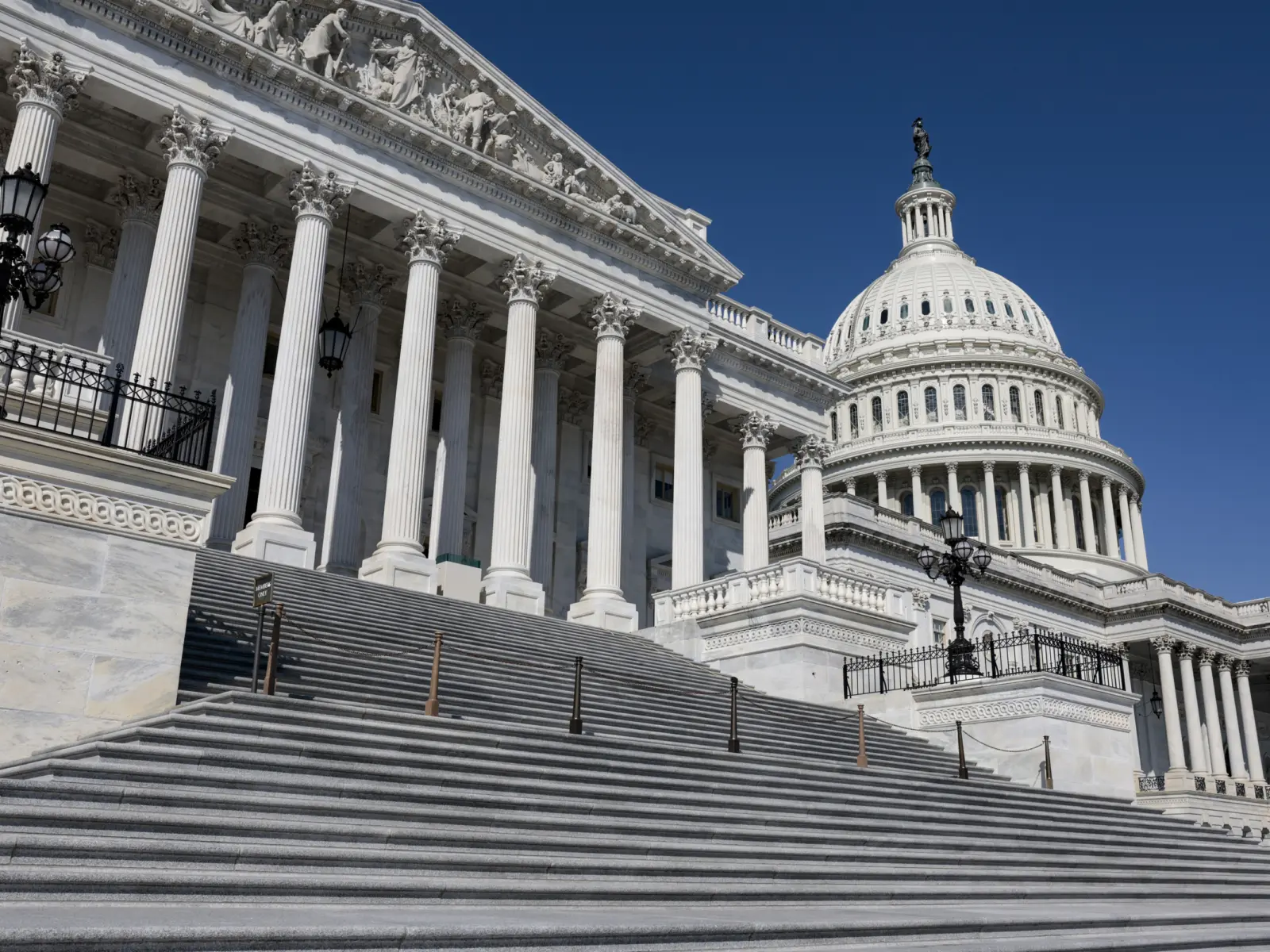In a first-of-its kind move, Massachusetts is holding a major health care system accountable for its role driving health care spending in the state. Last month, the Massachusetts Health Policy Commission announced it would require Mass General Brigham (MGB), one of the state’s dominant health systems, to develop and implement a first-ever cost savings reform plan. The Health Policy Commission, charged with setting the state’s cost growth benchmark and monitoring spending trends in the state, found in its latest report that growth in health care spending exceeded the commission’s cost-growth benchmark and determined it was necessary to hold MGB accountable for significantly contributing to that growth.
Prices charged by health systems are a key driver of health care costs in the commercial market. Given its contribution to the state’s overall health care spending, it’s no surprise that MGB has the highest prices in Massachusetts, according to the RAND Hospital Study. The system’s average prices were 280% of what Medicare would pay for the same service, exceeding the national average of 247% of Medicare. These high prices translate into higher premiums and out-of-pocket costs for the privately insured in Massachusetts, leading to affordability challenges for consumers and employers purchasing health care.
Mass General Brigham’s prices were 280% of what Medicare would pay for the same service. That’s higher than the national average of 247% of Medicare.
Past mergers have already made MGB the largest health system in the state; it is also seeking permission from state regulators to build several new outpatient centers, further increasing health care spending in the state and cementing its market power to charge high prices. These new facilities would allow MGB to extend its catchment area, siphoning away patients from lower-priced facilities, potentially negatively impacting health care access and equity.
Health systems have also used these expansions to add facility fees to patients’ bills and charge higher prices for services that could normally be provided in a physician’s office. Recent research looking at Washington state found total payment was 145% higher for services received in hospital outpatient settings than payment for the same services in physician offices. States have policy options for limiting the impact of these expansions on health spending, though many states have yet to enact these protections. Regulators should consider rejecting MGB’s request until the system has addressed its high prices, ballooning costs, and the impact the expansion would have on health equity.
What Other States Are Doing
There are high-priced health systems like MGB across the country, and states are experimenting with approaches for controlling their impact on overall health care spending. A number of other states either have or are pursuing cost growth benchmarks similar to Massachusetts, such as Rhode Island, Washington, and Delaware. Many states have looked to Massachusetts as a model but are also considering stronger enforcement mechanisms that give state cost commissions tools for holding high-priced health systems accountable. For example, Oregon passed cost growth benchmark legislation in 2021 that gave the state authority to financially penalize health systems that are exceeding the state’s benchmark. California is considering similar legislation.
Other states have taken different approaches. Indiana now requires health systems in the state to hold a public hearing on their price increases. This led to Indiana University Health announcing a five-year price freeze. Indiana legislative leaders also publicly rebuked health systems and insurers in the state for failing to contain health care prices and gave them a deadline to either come up with a solution or face legislative action. While these efforts to monitor and bring attention to high-priced providers may make health systems think twice before increasing prices, states still lack stronger regulatory approaches for holding systems accountable.
Capping Hospital Prices
In Massachusetts, there is a growing discussion about putting limits on the prices that systems like MGB can charge. Last year, the Health Policy Commission recommended the state pass legislation to curb excessive prices by capping high-priced health systems and limiting future growth. An analysis by the Center for a Responsible Federal Budget found that capping hospital prices at 200% of what Medicare would pay could lower premiums and cost-sharing by almost $1 trillion over the next decade.
Beyond capping prices, states have a variety of mechanisms to address the key driver of cost growth for commercial health insurance: prices. States can use their existing regulatory infrastructure to put downward pressure on the high prices charged by health systems. For example, many states can use their insurance rate review process to limit or slow growth of high prices or use their purchasing power through their state employee health insurance programs to limit the prices paid as a percent of Medicare. Whatever path states choose to reduce health care spending and improve affordability, states have to address prices if they want to lower the cost of commercial health insurance.


















